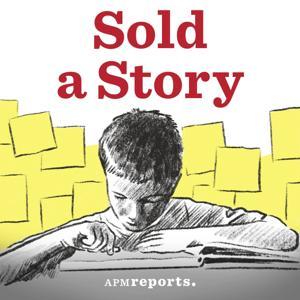On this episode of The Report Card, Nat Malkus, Rick Hess, and Andy Rotherham discuss what recent elections in Virginia, New Jersey, and New York City mean for education, the Trump administration’s Compact for Academic Excellence in Higher Education, the latest in the Jim Ryan saga, and more.
(Note: This episode was recorded on Monday, before the Trump administration announced further plans to dismantle the Department of Education.)
Andrew J. Rotherham is a co-founder and senior partner at Bellwether and the author of the Eduwonk blog.
Frederick M. Hess is a senior fellow and the director of education policy studies at AEI.
Show Notes:
Jim Ryan Letter
The Impoundment Wars, Begun They Have. Plus, Wait, What Just Happened at UVA?
"Patriotic Education" Isn't. Plus, The Vagueness of "No Kings."
What's The Forecast In Virginia? Plus Literacy, Des Moines, Cell Phone Bans, More...And Fish Pics.
VCU Changed Scholarship for Descendants of the Enslaved to Align with Anti-DEI Policies
Finding Common Ground on Trump’s College Compact
Campus Leaders Conveniently Find the Spines They Lost Years Ago
How Zohran Mamdani Could Kill New York’s Schools
Texas A&M Tightens Rules on Talking About Race and Gender in Classes
How to Really Know a Thing, Directed by Quentin Tarantino












































